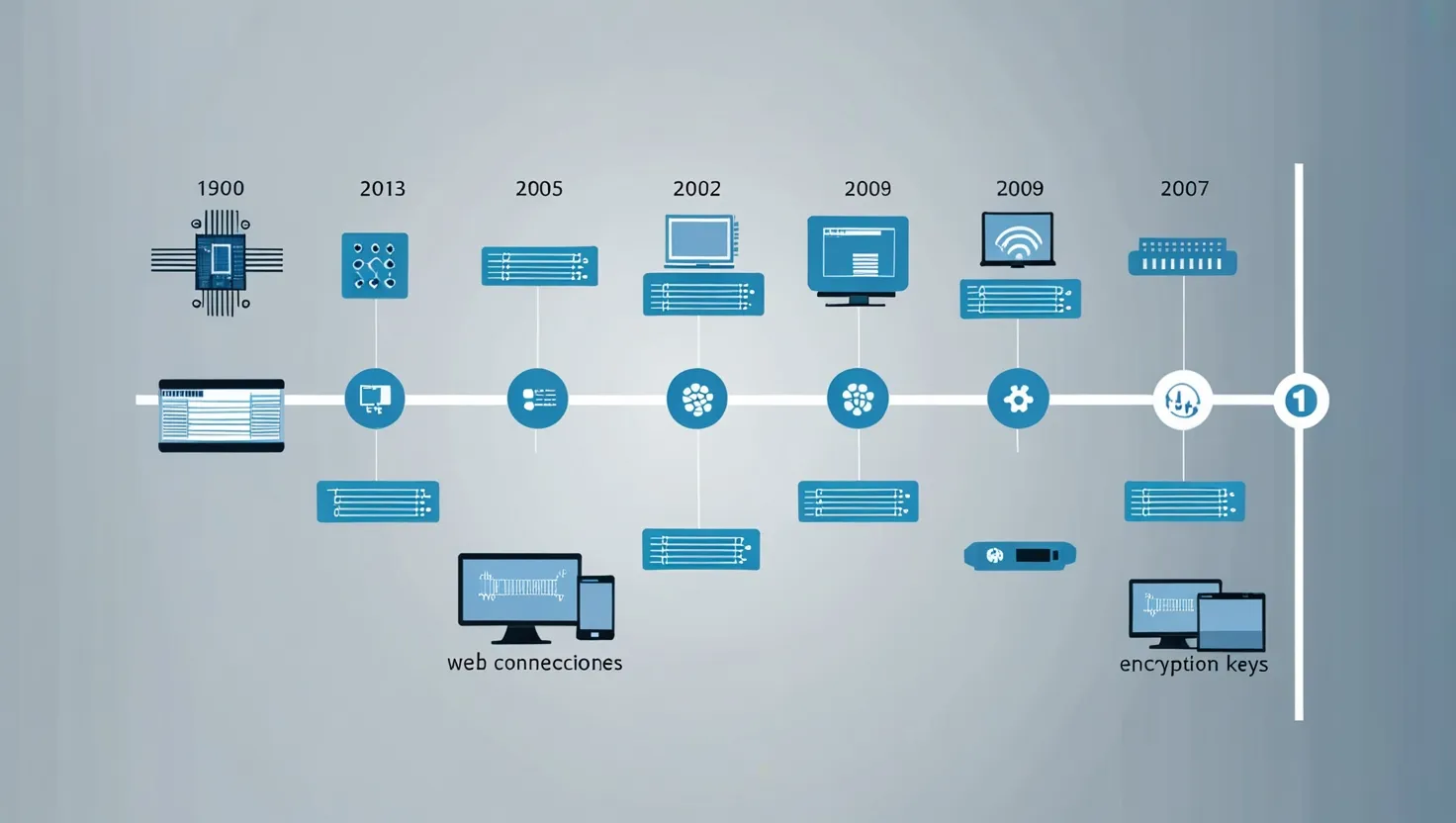Retirement is a stage of life we all look forward to, but deciding where to settle down is a significant decision that can impact your finances and quality of life. Unlike Europe, moving around in the United States is relatively straightforward, but you need to choose your destination wisely. The wrong choice can lead to higher taxes, elevated living costs, and less-than-stellar healthcare and entertainment options.
I’ve done the heavy lifting for you by sifting through various sources to identify the consensus on the five worst and five best states for retirement.
Let’s start with the states you might want to avoid:
New Jersey tops the list due to its combination of high property taxes and living costs. Property taxes here are the highest in the country, and healthcare is expensive too. Maryland follows closely, with a high cost of living that quickly exhausts its second-highest household incomes for retirees. They also tax inheritances, making it tough for your heirs.
New York is another pricey option with high property and sales taxes. It also has a worrying poverty rate among retirees. West Virginia, despite being more affordable, ranks poorly in healthcare and quality of life. It isn’t tax-friendly either, taxing social security income beyond $8,000.
Lastly, Connecticut is considered the least tax-friendly state, with high real estate taxes and a high cost of living. Healthcare costs are also high, making it another state to reconsider for your golden years.
Now for the good news—here are the top five states to consider:
South Dakota offers incredible affordability. With no state income tax and very low living and healthcare costs, it’s highly attractive. The only downside is its harsh winter weather. New Hampshire is another gem with no income or sales tax. It offers excellent healthcare and a low crime rate. However, the cost of living is higher than average, and winters are tough.
Florida is a retiree magnet with no income, estate, or inheritance tax. Its year-round warm weather is a big plus, though you should be prepared for the scorching summers and an increasing number of hurricanes. Idaho stands out for its affordability and low crime rates. While it’s known for its natural beauty and outdoor activities, it lacks in cultural options and has cold winters.
Utah shines in overall health for those 65 and older, offering numerous outdoor activities. The cost of living is below average, and crime rates are low. They do tax social security, but other taxes are relatively low. Winters are cold, and it may lack cultural diversity.
I hope this information helps you when the time comes to choose your retirement destination. If you have any insights or experiences with these states, feel free to share. Your input could be invaluable to others making the same decision.






